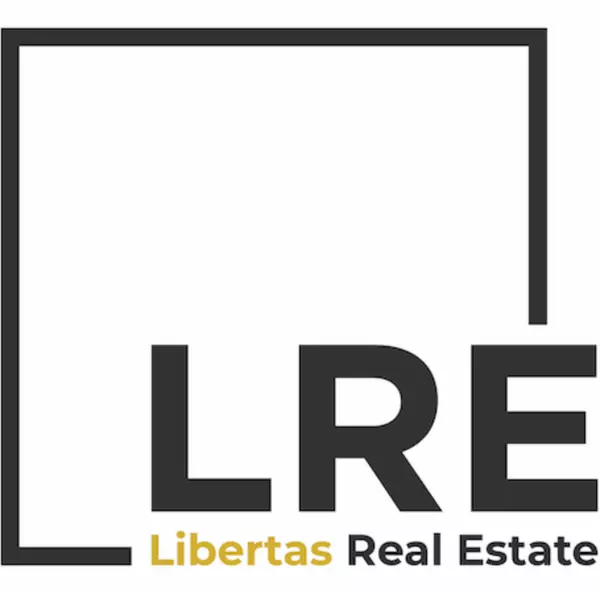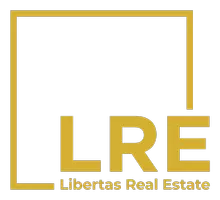What if the real homebuilding disruption isn’t AI — It’s culture?
He wasn’t complaining.
He wasn’t catastrophizing.
He was being honest.
A homebuilding CEO — one of the dozens who write privately in moments of candor — put it this way:
“We are far from solving the problem… margins will be in the 18% range if things go well.”
Then came the real admission, the one that strips away any pretense about the moment we’re in:
“The market will reward the efficient builders that meet demand where it actually lies.”
In a few lines, he captured what many leaders feel but rarely say aloud: the distance between the business conditions most builders planned for in 2021–2023, and the ones they’re actually living in as 2025 winds down.
- Lot prices stretched past reason.
- Moratoriums in critical-growth municipalities.
- Buyers holding in place.
- Rates not budging.
- Competition for land at fever pitch.
- And AI — suddenly real, suddenly everywhere — putting new pressure on how every role in the company creates value.
These are not “conditions” anymore.
They’re the new operating environment.
Which is why the annual Fortune “100 Best Companies to Work For” list continues to outpunch its weight this year — especially the appearance, once again, of David Weekley Homes, PulteGroup, and Tri Pointe Homes.
It’s not that these three made the list. They always do.
It’s what their inclusion means now, in a moment when capability is being tested harder than at any point since the post-crash 2010s.
A different lens on an old list
For most of the past decade, the Fortune list landed in a relatively forgiving housing cycle.
Demand was strong. Margins were healthy. Builders were the only game in town. Being a “Great Place to Work” was both admirable and, in some sense, “affordable.”
2025 is a different story.
This year, the same recognition reads like a signal flare about something deeper — a cultural foundation that enables organizations to function in a world that’s no longer stable, linear, or predictable.
When the environment becomes more volatile, the value of people who trust one another — and trust the mission — increases exponentially.
That’s the shared trait at the heart of Weekley, Pulte, and Tri Pointe.
They’re not simply friendly workplaces. They’re capability cultures — environments where people know what the work means, who depends on them, and why excellence still matters, even when everything around them is harder.
That matters now because every builder is facing the same crossroads that CEO described in his email: “what’s the path to resilience when both cost and complexity rise at the same time?”
David Weekley Homes: Culture that survives cycles
Weekley’s culture has been stress-tested across economic eras. 97% of its team members say it’s a great place to work, and for good reason — the company has never divorced operational discipline from its belief in people.
Leadership continuity plays a role, including the now-retired John Johnson’s long partnership with David Weekley in embedding the company’s “Building Dreams, Enhancing Lives” purpose into every corner of the organization. The ESOP model reinforces it. So does the company’s clarity about who it serves: buyers, associates, trades, partners — all equally, all intentionally.
Weekley didn’t build this culture to win awards. It built it to withstand gravity.
In the AI era, the builders who succeed will be those whose people can adopt new tools with confidence, can navigate complexity without panic, and can maintain alignment even as workloads shift. Weekley’s consistency is a capability in itself.
PulteGroup: Purpose at production scale
PulteGroup’s recognition can be easy to brush past because of its size — more than 7,000 employees across 45 markets. But that scale is exactly what makes its culture notable.
93% of employees call it a great place to work, and that trust is the backbone of Pulte’s ability to push modernization at scale: hybrid work, digital operations, new data workflows, and technology-enabled customer experiences.
Its DEI focus, development pathways, leadership accessibility, and internal communications give the company a kind of internal flexibility that becomes crucial when external flexibility is scarce.
As CEO Ryan Marshall often frames it, the company’s work has meaning — and meaning is an underappreciated stabilizer in high-pressure operational environments.
In a world where AI will change the “how” of homebuilding, Pulte’s strength is in how it can change without losing itself.
Tri Pointe Homes: Empowered teams meet a complicated market
Tri Pointe’s culture blends a national platform with a model that empowers local teams — an approach that increasingly mirrors how real complexity shows up in housing markets.
94% of its people say it’s a great place to work.
Tri Pointe’s distinctive advantage is that its people feel both trusted and accountable — a combination that allows teams to respond faster and more creatively when supply chains tighten, entitlement timelines stretch, and consumer expectations shift.
When CHRO Heather Breidenthal noted that engaged team members “exercise more creativity and caring when solving challenges,” she was describing something that can’t be bought, mandated, or automated — but that can determine whether a builder thrives in a high-friction market.
Why these three matter for the rest of the industry
The capabilities these builders have cultivated are not “extras” anymore.
- They’re prerequisites for adopting AI without breaking your workforce.
- They’re prerequisites for winning with trades when everyone is scraping for labor.
- They’re prerequisites for cycle-time improvement when municipalities slow approvals.
- They’re prerequisites for quality when experience levels drop.
The builders that succeed in 2026 won’t necessarily be the ones with the best AI stack — they’ll be the ones whose people can use that stack, trust it, question it, improve it, and apply it to the field realities that no algorithm fully understands.
This is why the CEO’s email matters. His concerns are real. Margins will compress. Land will stay expensive. Cities will stay political. Demand will pulse rather than flow. The next era won’t make the work easier.
But the story these three builders tell is that the human capability to navigate turbulence is not eroding — it’s evolving.
A takeaway for every builder
Being a “Great Place to Work” isn’t about ping-pong tables or retreats.
It’s about:
- Trust
- Clarity
- Pride
- Adaptability
- And the belief that the work matters
And in the next chapter of this industry — the AI chapter — that may be the most economically valuable combination of all.
The CEO who wrote me asked whether lower margins are simply “the new norm.”
They might be. But resilience isn’t built in spreadsheets. It’s built in teams.
Weekley, Pulte, and Tri Pointe aren’t managing an easier environment.
They’re managing a harder one — and showing, in real time, what it looks like when culture is not a perk but a production system.
That’s the human edge. And no builder can afford to lose it now.
Categories
Recent Posts








GET MORE INFORMATION

